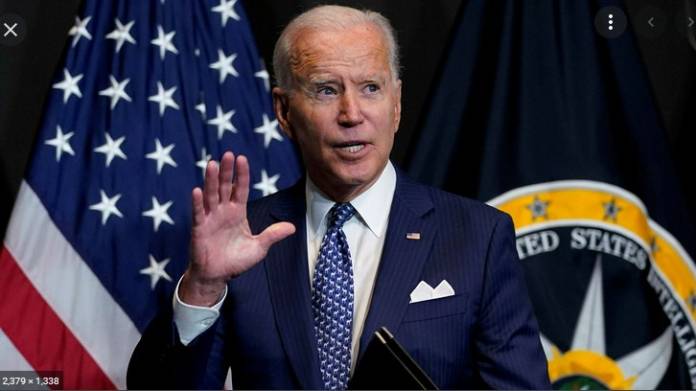
President Joe Biden ordered that Afghanistan’s $7 billion frozen in the United States be shared between victims of the September 11 terror attack and for humanitarian reliefs in the landlocked Central Asian country. Biden signed an executive order allowing for $3.5 billion of Afghanistan’s central bank’s fund to be given to terror victims in the US and the remaining $3.5 used to alleviate economic suffering in the country.
Long before the collapse of civil rule in Afghanistan, families of victims of the September 11 terror attacks in the US had been demanding federal compensation. They had even gone to court to demand that Afghanistan’s frozen $7 billion be used to compensate them when the United States withdrew totally from the country in August.
Senior government aides hailed the move, saying it will provide much-needed relief to millions of people suffering economic deprivation in Afghanistan. White House officials said unlocking the frozen fund for the benefit of Afghans does not stop the US government from offering ongoing financial assistance to the country, and that the unlocked fund may be put in a trust that is “separate and distinct”.
Since the Taliban took over control of Afghanistan in August, the Islamic government has been demanding the release of funds, which include currency and gold among other assets. The Biden administration refused to release the funds since the US government does not recognize the Taliban as the rightful government of Afghanistan.
Since the US left Afghanistan last year, most countries stopped giving economic assistance to the Taliban government, leading to widespread poverty and hunger exacerbated by prolonged droughts, internal conflicts, and the COVID-19 pandemic. Billions of dollars from international donors dried up after the Taliban wrested government control, even though the aids had always helped to keep the economy afloat.
The United Nations said with the coming of winter, almost half the 50 million population of Afghanistan faces extreme starvation, with at least one million children under the age of 5 likely to die from hunger. The International Rescue Committee said humanitarian crises may deteriorate in the country in 2022 except the international community arises to help.
In January, the Biden administration said humanitarian relief and COVID-19 vaccines amounting to $308 million will be given to Afghanistan – which will make the total aid given to the country since October last year to be around $782 million. US lawmakers have equally urged Biden to release some frozen Afghan funds to UN agencies so that the salaries of teachers in Afghanistan can be paid if girls are allowed to go to school.
“It’s no secret that the country is in the midst of not just a widening humanitarian crisis, but also an economic cratering,” said the US special representative for Afghanistan, Tom West. “It is absolutely heartbreaking what is happening in Afghanistan. As you say, there are millions of Afghans suffering and in many ways, they’re suffering, not for decisions they made but for decisions that others made.”











